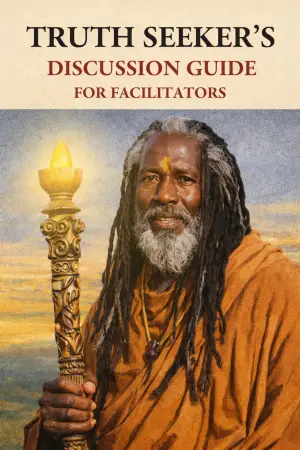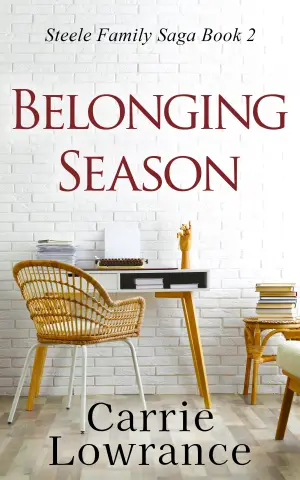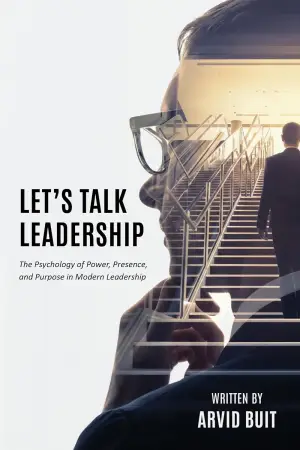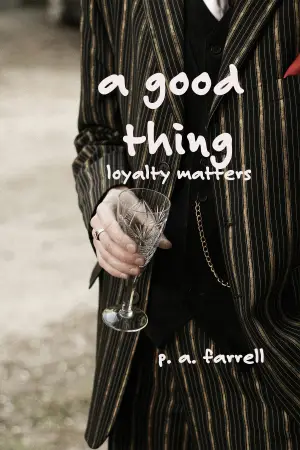
15 May Book Review of Nine Nasty Words: English in the Gutter — Then, Now, an…
Book Review: Nine Nasty Words: English in the Gutter — Then, Now, and Always
As a book blogger, I often find myself drawn to works that explore the rich tapestry of language and culture, and John McWhorter’s Nine Nasty Words: English in the Gutter — Then, Now, and Always did just that, capturing my attention with its provocative title. McWhorter, a brilliant linguist and engaging narrator, takes us on a journey through the evolution of profanity, particularly focusing on words that have ignited debates and raised eyebrows throughout history. It’s a topic that resonates deeply in our current climate of political and social change.
One of the standout themes of this book is the complex relationship between language and race, particularly surrounding the infamous N-word. McWhorter introduces us to a poignant distinction: while white speakers may hear the "N-word" ending in ‘er’, what Black communities often use is a different form that ends in ‘a’. The dialogue he creates is not just about the words themselves; it’s a reflection on cultural ownership and the evolution of language. Hearing local guys call out "N-word-a" now has a context for me—there’s a camaraderie and history in that usage that I had never fully grasped before.
The exploration of other ‘nasty words’ like "fuck," "bitch," and "cunt" is equally engaging and thought-provoking. While I found some discussions humorous and enlightening, I must admit that McWhorter’s previous works have captivated me a bit more. Nevertheless, this book scores a solid five stars in my book! Listening to it was an absolute delight; his voice makes the complex subject matter feel approachable, and I couldn’t help but chuckle at his candid storytelling.
The structure of McWhorter’s narrative flows well, intertwining personal anecdotes with historical context. He opens with a callback to George Carlin’s iconic "seven words you can’t say on television," setting a humorous yet reflective tone that resonates throughout the chapters. It was when I noticed that he anticipated my guess of the seventh and eighth words—indeed, the N-word and "bitch"—that I felt a delightful sense of connection with his commentary.
Outside of the linguistic discussions, I found myself colored by the personal reflections that accompanied my experience of reading this book. Just the other week, while on a holiday with my boyfriend (yes, I have a boyfriend!), we navigated through lighthearted conversations about words and cultural nuances. He happily declared, in his charmingly coy way, his morning routine of coffee, “potty,” and breakfast, prompting a playful exploration of bathroom terminology. While I grappled with the comfortable familiarity of the UK terms like "loo" and "toilet," I realized how our backgrounds shape our perceptions of simple things.
Nine Nasty Words is a treasure trove of insights for anyone interested in how language evolves alongside society. I’d particularly recommend it to fellow linguistics enthusiasts, students of race relations, or anyone who enjoys a witty yet profound look at the way we communicate. It left me with a sense of curiosity and appreciation for the nuances of language—a reminder that words are not just tools but living entities that carry weight, history, and meaning.
In closing, McWhorter’s work reminds us that while words can be nasty, they also serve as a reflection of society’s changing values. Each conversation and each term we navigate offers a unique glimpse into our collective consciousness. If you’re ready to dive into a conversation that’s both academic and relatable, this book may just be your next best read!
Discover more about Nine Nasty Words: English in the Gutter — Then, Now, an… on GoodReads >>









